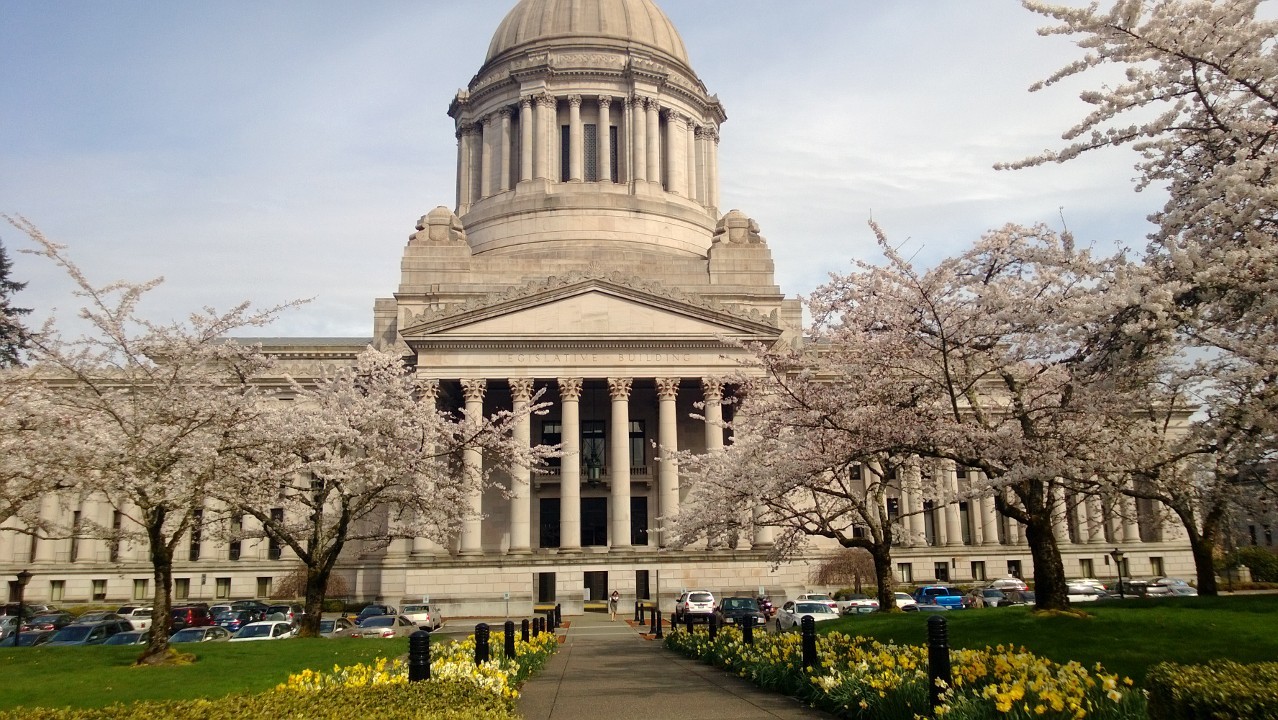
Washington State Session is Fast Approaching
Washington State’s legislative session is fast approaching. The first day of the session is January 13th, and this year, it will last 105 days as state lawmakers work on the state’s two-year budget. According to a recent November memo from the Office of Financial Management, the operating budget is facing a deficit of $10-12 billion over the four-year outlook. This projected budget shortfall is due to several factors, including declining state revenue projections, increased caseloads, the cost of maintaining existing programs, and recently released collective bargaining agreements.
We are hearing that there will be minimal opportunity for new spending, and instead, we are facing cuts to existing programs and services, or considering new revenue options. The last time Washington faced such significant budget shortfalls was during the 2008-2011 recession, when the Governor and the legislature reduced existing and projected spending by $11 billion.
With these challenges in mind, here is a preview of our legislative priorities for the 2025 session:
-
- End the Sale of Flavored Tobacco Products, including Menthol – Flavored tobacco products, especially e-cigarettes, have addicted a new generation of kids and threaten to reverse the decades-long progress Washington has made in reducing youth tobacco use. We can protect kids by ending the sale of all flavored tobacco products.
- Expand Healthy School Meals for All – Support state efforts to maximize federal resources and continue to uphold strong, evidence-based school nutrition standards for all foods offered in schools to ensure the health and well-being of all children. We can support state efforts to ensure every child has access to healthy school meals at no cost to families.
- Maintain and Expand Farm to School Purchasing Grants – Schools across Washington State are taking advantage of grants that help support schools and early learning services in procuring high-quality, nutritious, and culturally relevant foods for their meal programs. Schools can purchase food that has been grown, raised, caught, and/or foraged in Washington, with an emphasis on procurement from small and direct marketing farms and food businesses, including socially disadvantaged, beginning, limited resource, women, and veteran farmers and ranchers.
- Maintain and Expand Tobacco Cessation and Prevention Funding – Washington State currently invests $5 million in ongoing funding ($2.5 million per year) for commercial tobacco prevention and cessation, which is a small fraction of the $72.5 million recommended by the CDC.
